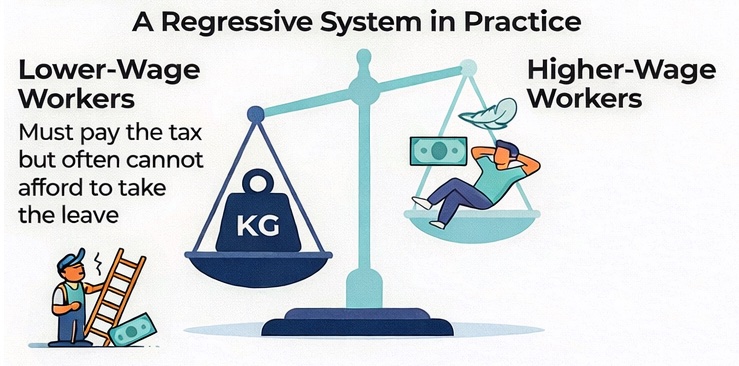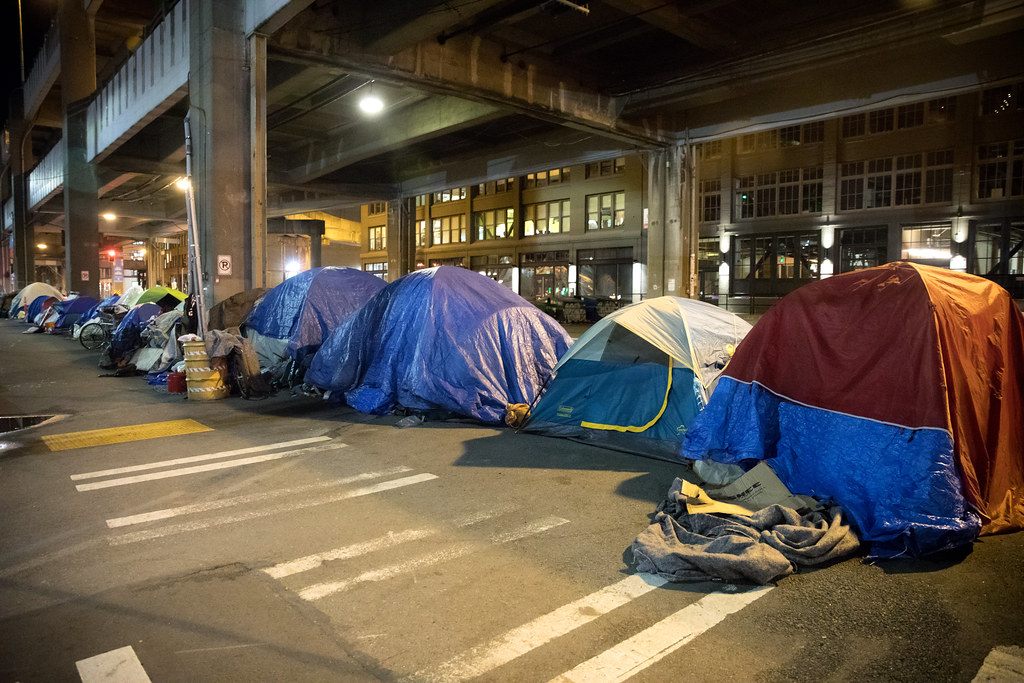The coronavirus quarantine is causing an unprecedented economic shock, creating a record number of weekly unemployment claims in Washington state. In the last week of February, the state received 5,687 initial unemployment claims. By the end of March, that number was 181,975. Some of these jobs may reappear when the quarantine is relaxed, but many small businesses will simply be gone.
To find a new economic equilibrium, people will have to search for new business opportunities, new jobs, and consumers will change how they spend their money.
Economist Arnold Kling provides a useful way to think about shocks to the economy, pointing to the disruption of “patterns of specialization and trade.” In a market economy, businesses and consumers can predict to some degree what they will purchase and what needs to be supplied. In February, restaurants knew how much food they needed to buy, and supermarkets knew how much toilet paper to stock. One month later those patterns had been completely disrupted.
Once that disruption occurs, it takes time to discover a new, sustainable pattern of specialization and trade. Kling explains, “the patterns of specialization and trade in the market emerge from the actions of countless individuals, not from the minds of a few designers. And the factors that affect the value of market production or Internet resources are many, complex, and not all quantifiable.”
There will be a reshuffling of jobs and businesses, requiring experimentation on the part of millions of people who have been displaced. Will people want the flexibility of working from home or remotely as an independent worker in the gig economy, or will they want the security – but constraints – that come with being an employee. How much more will people be willing to spend more for iPhones, drugs, and other products made in the U.S.? Will more of us be working from home or ordering from Grubhub? The answer to these questions will emerge over time.
Reducing friction in the economy by eliminating costly regulation will help entrepreneurs and workers find these answers more quickly. To speed up our response to the virus, some regulatory barriers are already being torn down.
The governor has issued a significant number of emergency orders affecting the economy and health care. Rather than adding restrictions, however, the executive orders waive regulations. For example, cities are waiving rules about using paper and plastic bags, acknowledging the health risks associated with reusable bags. At the Federal Level, the Food and Drug Administration is (slowly), waiving restrictions, like one that limited the availability of sterilized protective gear. It took a public scolding from the governor of Ohio, but they finally backtracked.
The once-hidden costs of these regulations have now become obvious. Each regulation adds friction to the process of putting resources where they are most needed. When the quarantine is lifted, hundreds of thousands of people will begin searching for new jobs, putting their skills to use where they are most needed. We need to reduce the friction in the economy to allow businesses to create jobs without regulatory barriers.
There are still barriers. This story of a Tacoma nurse blocked from helping during this crisis by a licensing problem is emblematic.
One place to start greasing the skids of job creation is to reduce licensing requirements for people who have proven skills. Earlier this year, House Bill 2355 passed unanimously out of the House committee on Consumer Protection and Business. It died in the House Appropriations Committee after the State Labor Council testified against it. The bill would have allowed people who demonstrate competence to receive a license.
Imagine, for example, a restaurant worker who has skill at being a manicurist or a dietician. Should they wait the 600 or 900 hours to get a license in a skill they already have? If you want to be an Escrow Officer, dealing with people’s money and trust funds, by way of comparison, you only have to apply and pass a test.
These sorts of barriers will need to be removed to help people adjust to the new pattern of specialization and trade that develops after COVID-19 is controlled.
As the economy recovers, the focus of policymakers will be on tax relief as well as financial support for workers and businesses. Much of that is needed. But, those efforts are mostly about providing a safety net for the many people who need it.
To get the economy going, we need to let people innovate and take advantage of the full range of their skills. People will disagree about the role of financial support from government and taxpayers, but at the very least government should not hinder the process of creating and finding new work.






